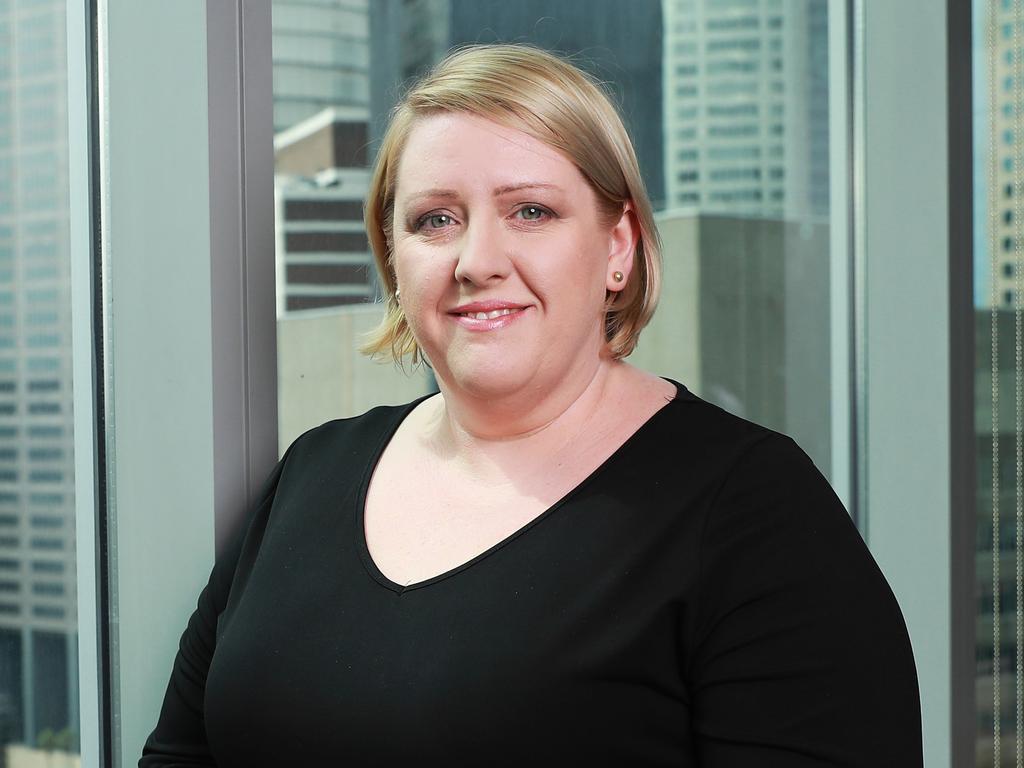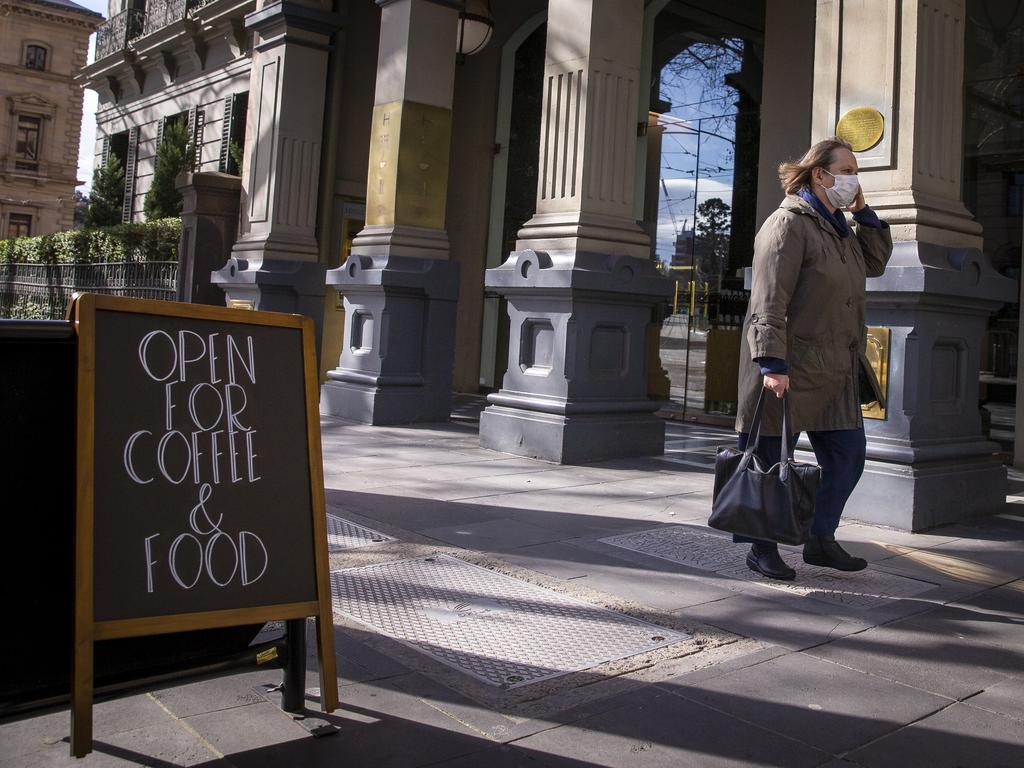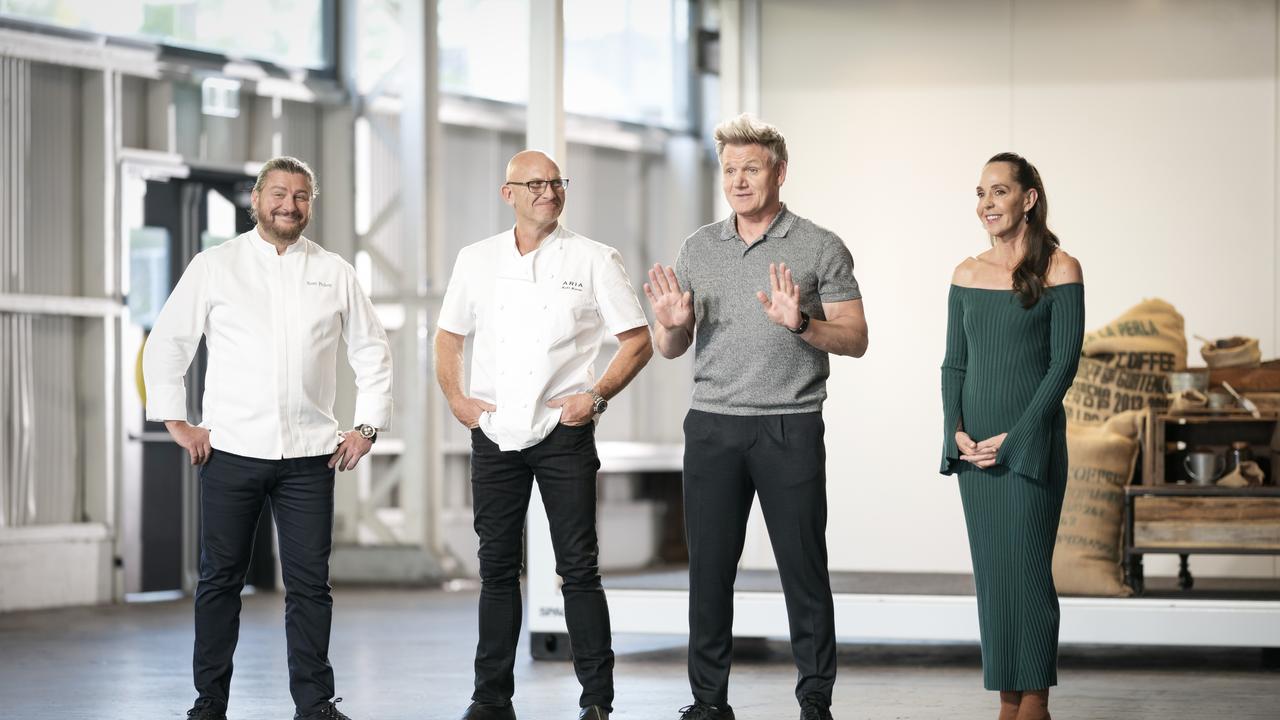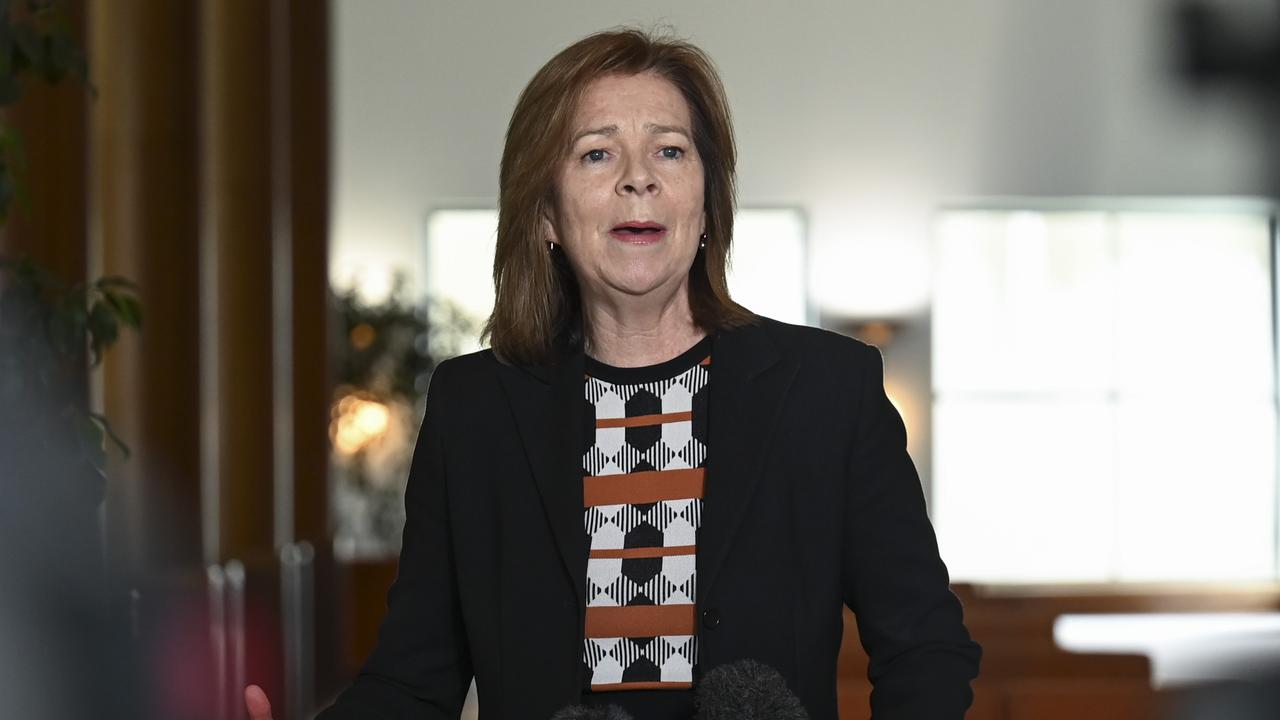Audit firms keep up graduates numbers
EY is the only firm not to make redundancies, but it will cut is graduate intake by 10-15 per cent.

The Big Four consulting and audit firms will take in about 2500 graduates this financial year, despite three of them shedding more than 1100 staff via redundancies in response to the COVID-19 pandemic.
EY is the only firm not to make redundancies, but it will cut is graduate intake by 10-15 per cent.
PwC Australia will cut its graduate intake by 5 per cent, reversing an earlier forecast of a dramatic reduction of up to 50 per cent; KPMG expects no reduction; and Deloitte — the biggest hirer — plans a slight increase on this year’s numbers.
The healthy intakes suggest the firms have weathered the pandemic better than they expected when the lockdowns began in late March. But they are also so locked into a business model based on large intakes and high churn that they would find it hard to cut number drastically.
The graduates feed a model that relies on high intakes of high-achieving, entry-level graduates from commerce, economics, accounting as well as generalist fields each year to be trained, promoted or “winnowed” out depending on their abilities. The Big Four have an estimated 30,000 staff in Australia and New Zealand, including 2500 partners.
Despite the relatively stable intake for the 2021 financial year, the business models of the firms are likely to come under pressure from the top end as partners hang on in a recession.
One of the levers the firms have used to refresh the ranks of partners — an expectation that partners will retire somewhere between 58 and 62 — has been largely removed in recent months due to a Federal Court action taken by Deloitte audit partner Colin Brown.
Mr Brown has sued his firm alleging it has an age-related retirement policy, which is unlawful. Deloitte does not have a written age-related retirement clause in its partnership agreements.
The case, which still has a long way to run, has focused attention on the approach all firms take to encourage “partner churn”.
KPMG is reviewing a voluntary retirement clause in its partnership agreements and EY removed its clause on June 30. PwC does not have a clause in agreements.
While age-related retirement has been outlawed since 2004, the publicity around the Deloitte case means that even informal discussions on retirement will have to be conducted with circumspection to avoid any chance of legal action.
For the graduates, however, there is plenty of upside as they join the firms seen as “seeding grounds” in industry — both in executive and board positions.
While the churn starts early as staff decide the work does not suit or they fail to measure up, those who stay the course have opportunities for networking, training and work experiences in big global companies operating at scale and the top end of the corporate world.
Deloitte will take in the largest number of graduates — more than 800, which is slightly higher than this year. A spokesperson said the firm was committed to attracting the best talent.
“Since the start of the COVID crisis, we seamlessly transitioned our recruitment process to being virtual rather than face-to-face,” the spokesperson said.
“We successfully conducted all our assessments, interviews and partner interviews using digital technology. We also attended more than 50 university events including virtual career fairs, webinars and hackathons. In addition, we conducted a virtual learning week for our grads whose start date was deferred due to the COVID crisis.”
PwC chief operating officer Liza Maimone told The Australian the firm had hired 454 graduates in the 2020 financial year and 429 to date in 2021.
“We were initially forecasting the need for a much larger reduction or deferral of graduate intake of up to 50 per cent across the firm,” she said.
An EY spokesperson said that it had taken on 629 grads in 2020 and would recruit about 10-15 per cent fewer this financial year. The spokesperson said that with students studying from home, EY had to “virtualise overnight” and had relied on Zoom, for example, to interact with students.
A KPMG spokesperson said the firm expected to recruit a similar number — 600 — as last year and had used “virtual” careers fairs held by universities across the country as well as running its own virtual sessions.







To join the conversation, please log in. Don't have an account? Register
Join the conversation, you are commenting as Logout